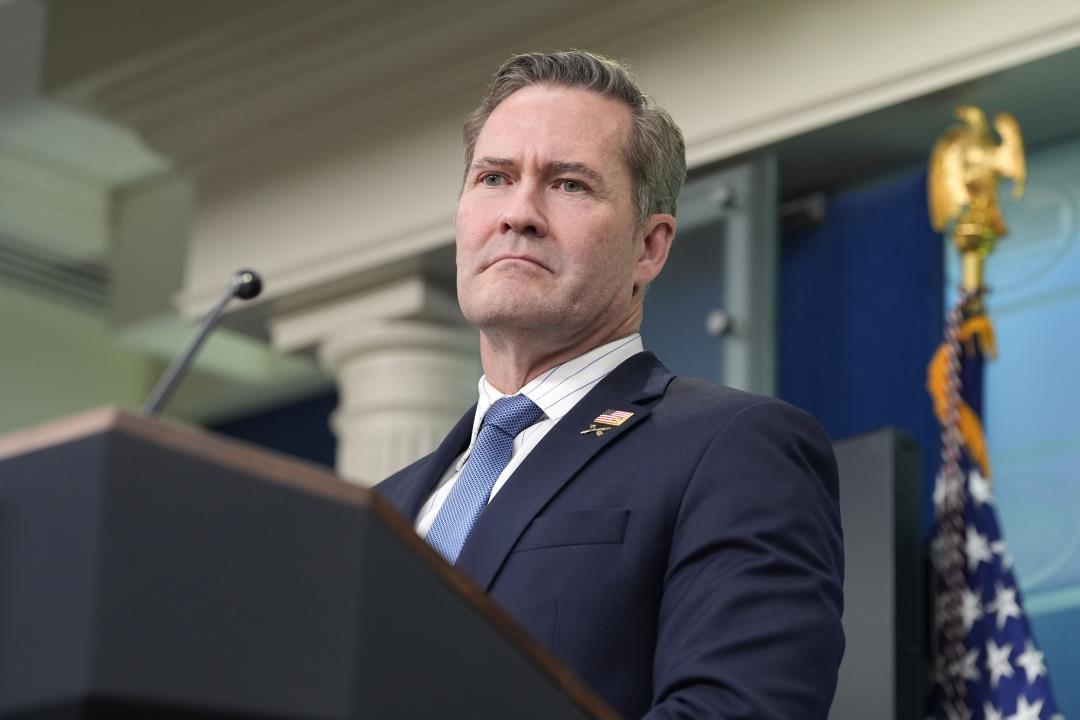Tensions Escalate in Lebanon-Israel Relations
A complex geopolitical situation unfolds as Israeli airstrikes and Lebanese rocket attacks renew tensions. Dive deeper into the growing conflict, international reactions, and the implications for regional stability.
Published March 30, 2025 - 00:03am

Image recovered from arabnews.com
The fragile peace between Lebanon and Israel has once again been breached as Israeli airstrikes targeted Beirut, marking a significant escalation in the tensions that have plagued the region. These developments follow rocket attacks from southern Lebanon targeting northern Israel, which occurred Friday morning. This series of events represents the most severe confrontation since the ceasefire agreement was implemented in November 2024, mediated by France and the United States.
Lebanese President Joseph Aoun has denounced the Israeli attacks as a clear violation of the ceasefire, urging the international community to compel Israel to adhere to the agreement. In his remarks, Aoun reiterated Lebanon's commitment to the ceasefire, confronting the continued Israeli military actions against what the latter describes as Hezbollah installations. These actions have even led to Israeli reconnaissance flights over Beirut, further exacerbating the situation.
On the ground, the consequences of the Israeli strikes are evident in the destruction witnessed in Beirut's southern suburbs. An Israeli airstrike completely obliterated two buildings and caused significant damage to adjacent structures, including academic institutions. A wave of protests from students and the community has called for clarity on the future of the academic year, given the facilities' damage.
The involvement of Hezbollah adds another layer of complexity to this already intricate conflict. The militant group, despite accusations from Israel, has denied involvement in the recent rocket attacks. However, the United States considers the prospect of a disarmed Hezbollah as crucial for Lebanon's stability. Statements from US officials have highlighted the Lebanese government's responsibility to disarm Hezbollah, viewing the current security dynamics as a threat to regional peace.
As these tensions simmer, the broader geopolitical landscape continues to cast a shadow. The Lebanese government and its allies have expressed concern over Israel's intentions, viewing them as provocations. Meanwhile, calls for the international community's intervention intensify, with Lebanon advocating for Israel's compliance with the ceasefire terms.
Further complicating the matter is the response from the Israeli military, which stresses the gravity of the threat posed by Hezbollah. Assertions from Israeli officials point to continued vigilance and potential further actions if provocations persist. Such statements are coupled with Israel maintaining military posts within Lebanese territories post-ceasefire, a matter of contention for Lebanese authorities.
The delicate dynamics between Israel and Hezbollah remain a stubborn impediment to lasting peace. Stakeholders, including the United Nations, continue to monitor the situation closely, seeking avenues to de-escalate the situation. This crisis underscores the persistent volatility in the Middle East and the challenges of diplomacy in one of the world's most fraught regions.
The unfolding events serve as a stark reminder of the difficulties involved in maintaining peace in this part of the world. As political, military, and diplomatic channels continue to operate under stress, it's clear that both Lebanese and Israeli sides find themselves at a crucial crossroads. The international community's role in facilitating dialogue and resolution remains indispensable, though fraught with the complexities characterizing Middle Eastern geopolitics.






